
Oil terminal dumps toxic wastewater on rare Egyptian ‘super coral’
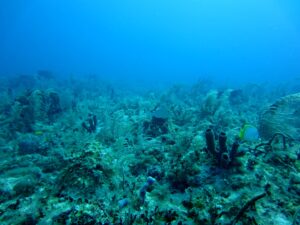
As world leaders gathered in Egypt for COP27 to discuss climate change, an oil terminal is reportedly dumping toxic wastewater into the country’s Red Sea, endangering a rare form of ‘super coral’ that offers hope for preserving ocean life as the planet warms.
An investigation by the BBC and non-profit journalism group SourceMaterial highlights leaked documents that indicate barely treated wastewater from Egypt’s Ras Shukeir oil terminal is being illegally dumped on the country’s Red Sea coast daily – just 65 miles west of the location of COP27.
The BBC reports 40,000 cubic metres of this harmful ‘produced water’ – a byproduct of oil drilling filled with toxins, oil, and grease – is flowing into the Red Sea every day.
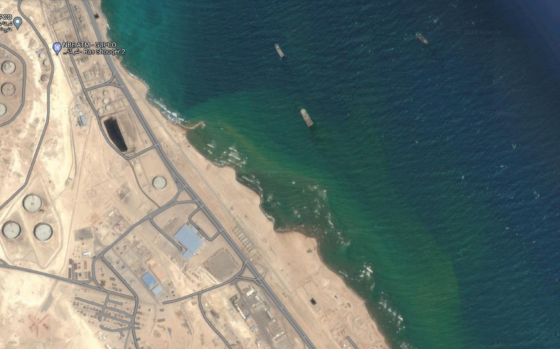
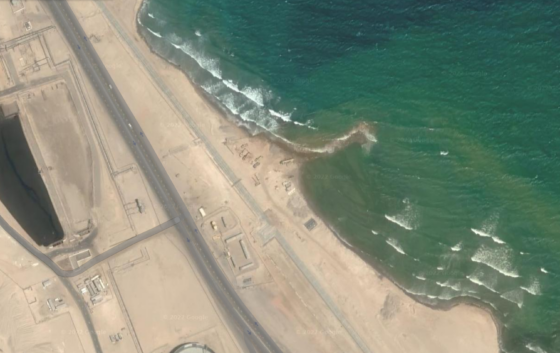
Screenshots from Google Maps showing brown staining in the water at the Ras Shukeir oil terminal
The BBC used satellite images going back to 1985 to examine the water pollution at Ras Shukeir, a facility that is otherwise restricted to oil workers and government inspectors. Evidence of pollution can be seen since 1985, and the water has been visibly contaminated since 1998. Scientific records from 2006 to 2018 show that the average level of contaminants in the site’s produced water exceeds the country’s environmental limits.
The BBC investigation found that, in 2019, the Gulf of Suez Petroleum Company (Gupco) issued documents in an attempt to hire a company that could treat the water. The documents say that pollution levels in the water ‘do not comply’ with Egyptian environmental laws and regulations.
The documents that were leaked suggest the Egyptian government was made aware of the wastewater problem in 2019, after BP sold its 50 per cent stake in the plant to United Arab Emirates’ firm, Dragon Oil. The other 50 per cent is owned by Egypt’s state-oil company.
This sale was part of BP’s plan to divest $10bn worth of assets, a move that many saw as an attempt to help the company meet its climate targets. BP has denied this to the BBC, saying the sale was for financial reasons only.
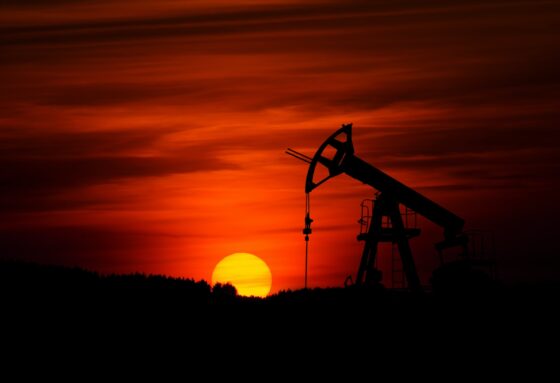
When burned, oil releases an extensive amount of carbon into the atmosphere — about a third of the world’s total carbon emissions.
If global average temperatures rise by 1.5 degrees C, 90 per cent of the world’s coral will be wiped out, according to the UN. Despite this, the Red Sea’s ‘super coral’ has been shown to be much more resistant to climate change than other corals around the world.
Although coral reefs only take up a tiny portion of the ocean (around 0.1 per cent), they house 30 per cent of all marine biodiversity. In the Red Sea, they provide essential support for endangered species like hawksbill turtles. They also sustain fishing, marine agriculture and tourism industries – which generate income for millions of Egyptians.
Scientists have recommended the area that Gupco operates be included in a new marine protection zone covering an area known as the Great Fringing Reef.
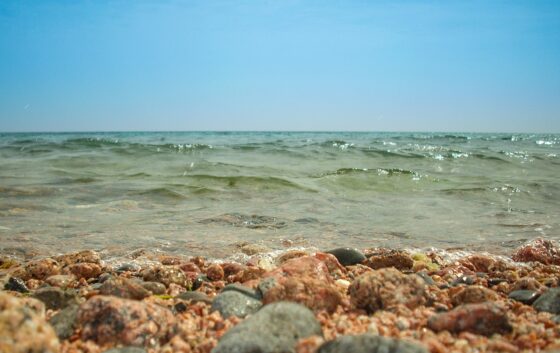
The Red Sea is a popular tourist destination and biodiversity hotspot
Surveys conducted by oil companies Shell and Chevron have revealed new potential sites for oil and gas wells, just 30 km away from protected areas of the Great Fringing Reef.
As ocean temperatures rise, global coral is at increasing risk. A recent study done by climate scientists and marine biologists finds that unless something changes, coral in the Gulf of Mexico and western Caribbean Sea will start dying as soon as 2050.
When ocean temperatures rise, and the water becomes more acidic, corals can lose the algae that live in their tissues. This causes them to become pale or even turn completely white, a process called coral bleaching. If coral reefs experience drastic bleaching, it would have a ripple effect on the organisms that rely on them for food and shelter.
The only way to save the world’s coral reefs is by decreasing ocean warming and reducing carbon dioxide emissions as rapidly as possible.
